Aquarium Bio Cylinder Nano Breeding Sponge Filter 2In X 6In, Set Of 4
$17.24
How Does It Work A sponge filter uses bubbles of air from an external air pump or an integral water pump to draw water through the sponge. As water…
5 in stock
How Does It Work A sponge filter uses bubbles of air from an external air pump or an integral water pump to draw water through the sponge. As water is drawn out through the lift tube or pump it is replaced by water entering the sponge. The sponge is a mechanical filter and the surface of all the bubbles or pockets in the sponge provide a bed for the biological filter. The bio-filration help to break down harmful waste (ammonia and nitrite). Sponge filters provide both mechanical and biological filtration. Most sponge filters are reasonably efficient filters for small volume tanks. These filter are excellent for small size fish like dwarf cichlid guppy killifish etc. or for hatcheries maternity tanks and fry tanks as the filter produces minimal current and has almost no way to suck the fish through the filter. Also the air infusion chamber produces minute bubbles which increase the oxygen solubility. What Maintenance Does It Require The sponge will need to be rinsed every time it becomes dirty about once every 2 to 4 weeks. It’s helpful to reserve the bio-filtration by washing the sponge gently with water from the fish tank instead of tap water. After 3 to 6 months’ usage the micro holes of sponge is gradually clogged by the tiny debris the bio-filtration won’t have as much living space as before. That’s when the sponge filter starts to lose its efficiency. So it is also recommended to replace the sponge once every three to six month or when the sponge gets worn out.





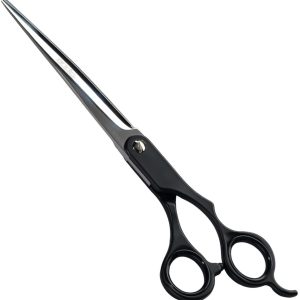
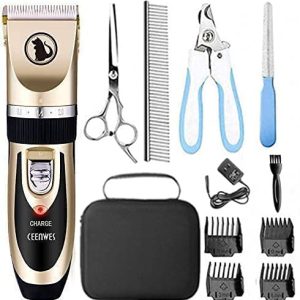
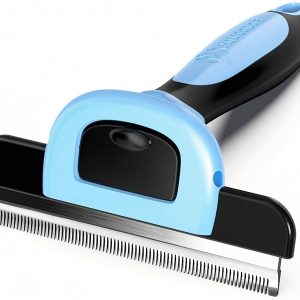
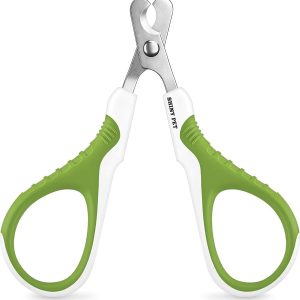
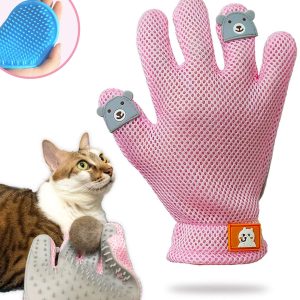
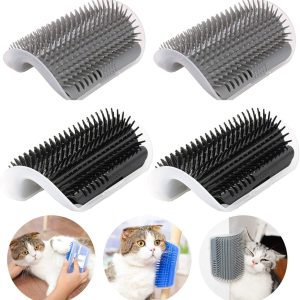
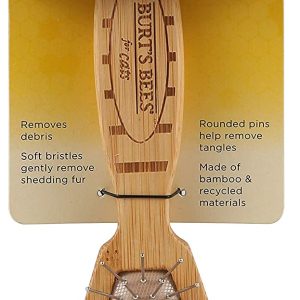
Reviews
There are no reviews yet.